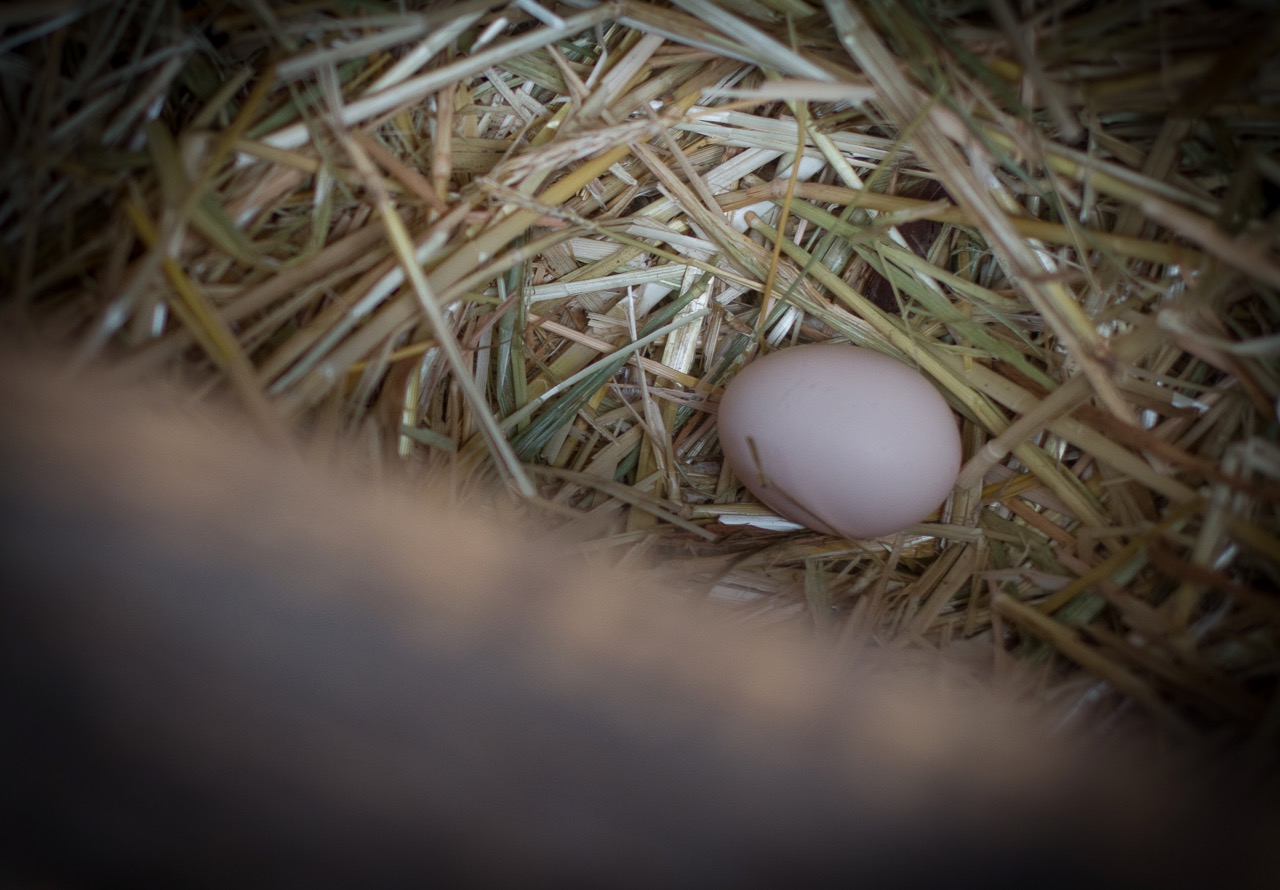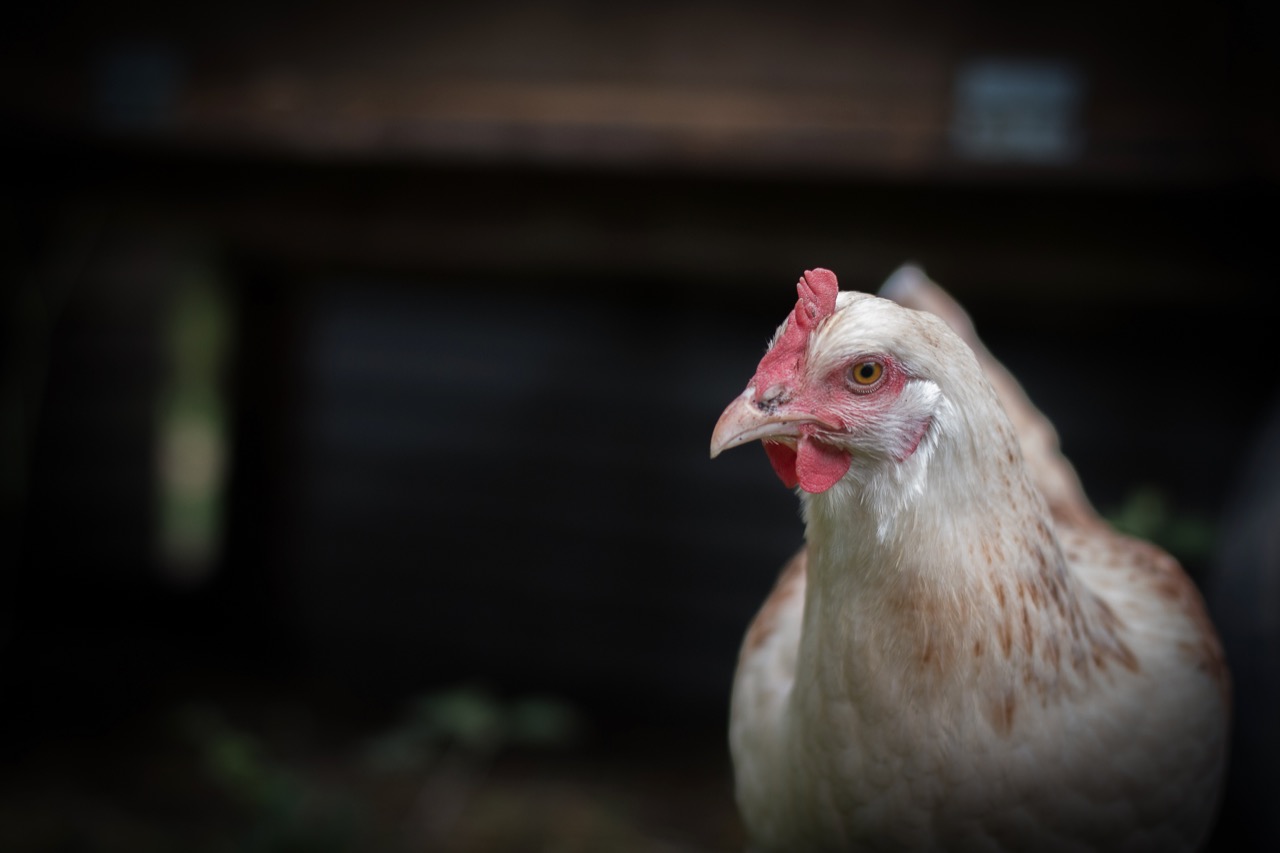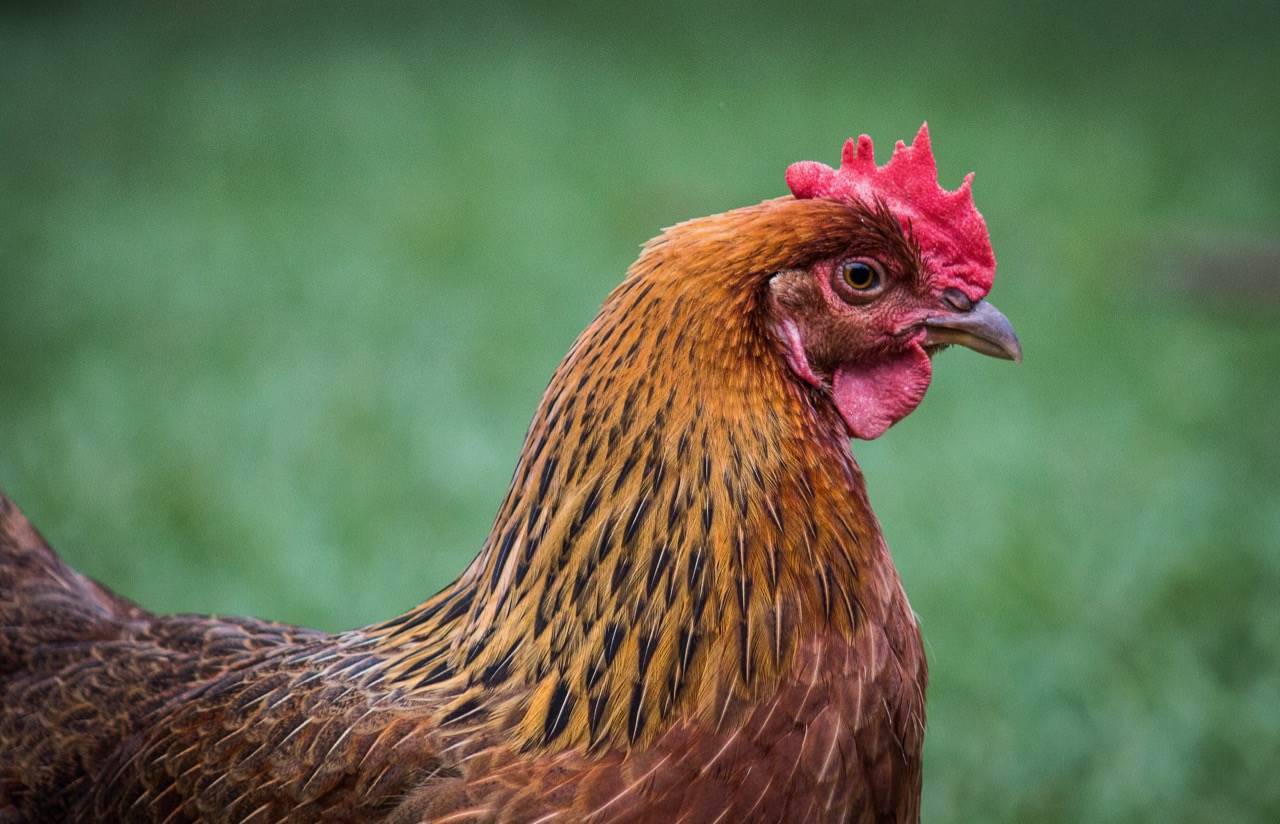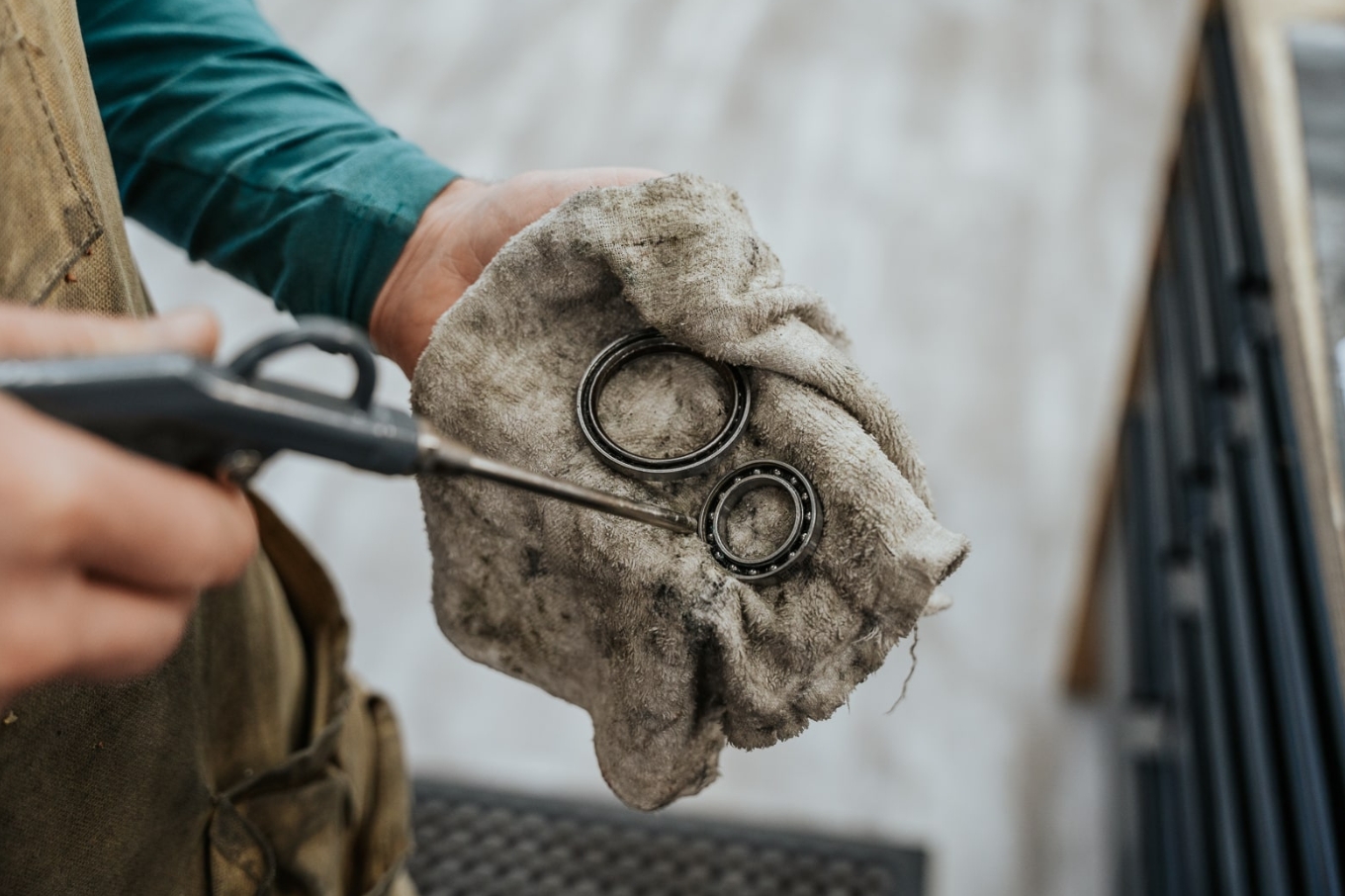Are backyard chooks your best nutrition partner?
The idea of keeping chickens is no longer just a country affair and backyard chooks are becoming popular in cities, too. But is it a good idea? Could these unassuming ladies become your new nutrition weapon?
Words: Zoe Wilson Photos: Mike Blewitt
There are many reasons why you might consider keeping chickens – nutrition-related and non-nutrition-related. Keeping chooks can help you to become less reliant on supermarkets (how much simpler would life be without the egg aisle?!). Chooks also help you look after your garden. They fertilise your garden with their manure and eat bugs and weeds saving you the job of controlling them. But, did you know keeping chickens can help your mental health too?
A program called HenPower wanted to see just how much of an impact hens had on the mental health and wellbeing of aged care residents in the UK. The program was adopted by four aged care facilities in NSW in 2015. Whilst it wasn’t a scrupulous scientific study, a report evaluating the program highlighted several benefits. The main benefits included empowerment of the residents, a reduction in loneliness due to the connections formed with the hens, increased incidental activity and more time spent outside. Things we could all benefit from!

Eggs: A nutritional powerhouse
We know that chickens are good for the health and wellbeing of you and your garden, but what about eggs themselves? Eggs are packed full of nutrients which provide a range of health benefits. In fact, eggs contain 11 essential vitamins and minerals, including vitamins A, E and B12, as well as protein, omega-3s, antioxidants and a few super-duper little nutrients called choline and lutein. Research suggests some specific health benefits of eating eggs regularly, too, such as assisting with weight loss by helping to control appetite.

Choline plays an important role in infant brain development, helps to metabolise fat, maintain healthy cell membranes and may improve brain functioning and memory. Lutein is important for eye health and may protect the eye from damage long-term. Some research suggests that most of us don’t get enough choline or lutein in our diets, so eggs could really help.
More generally, research from the CSIRO has shown that eating eggs regularly is associated with having a better quality diet, although it’s hard to know if this is due to the eggs themselves or that people who eat eggs tend to be more health-conscious. Eggs are also a great meat alternative as they are a complete protein and contain vitamin B12, iron and omega-3s which can be a bit harder to get in a vegetarian diet. Two eggs (120g) are considered a serve from the protein group, so you can swap eggs in for a piece of meat, chicken or fish throughout the week and know you are getting what you need.
What about eggs and cholesterol?
You’ve probably heard that eating too many eggs can be bad for your heart. This thinking is due to the fact that eggs contain cholesterol. However, the Heart Foundation of Australia states that eating 6-7 eggs a week (1 egg a day or 2-3 egg filled meals a week) as part of a healthy diet will not increase an individual’s risk of heart disease, so it’s fine to use the eggs your hens give you throughout the week.

Are free-range better than barn-laid or cage eggs?
If you’ve been in the egg aisle lately you’re probably thoroughly confused about which eggs to buy. There are three main choices: free range, barn-laid and cage eggs. The difference between the three has to do with the way the sheds and farm land is configured for the hens with free range being the best for the hens who are laying the eggs.
Australian Eggs explain that for eggs to be classified as free range, the hens must have meaningful and regular access to an outdoor range during daylight hours. Farmers facilitate this by opening up doors to the sheds every morning and closing them up in the late afternoon when the hens are back inside roosting.
Keeping hens in your backyard where they have access to roam during the day would therefore classify them as free range which makes for a happier chook. Whilst there doesn’t appear to be any significant nutritional difference between eggs that are free range and others, the biggest benefit of having your own chooks in the backyard is taste – you get to eat them fresh from the source! What you feed your chooks and what they have access to in the backyard may give your eggs a slightly different taste and colour too.

How do I get started?
Given the benefits of eggs as part of a healthy diet and of keeping chickens for overall wellbeing and the health of your garden, keeping your own chooks may be a great way to boost the health and wellbeing of your family. Just make sure you do your research first so you know what keeping chickens happy and healthy entails and you and your family are ready for the responsibility. There are also some simple legal constraints that you need to be aware of.
Talking with a neighbour with chickens and a vet is a good place to start. There are also some really good companies helping to get chickens in our backyards. If you want to give backyard chooks a go but aren’t 100% sure how it will fit with your family try Rentachook (rentachook.com.au) or if you’re committed and ready to go check out Backyard Chicken Coops (backyardchickencoops.com.au). Both also have really good resources on what to expect and the laws that apply when keeping chickens in Australia.







